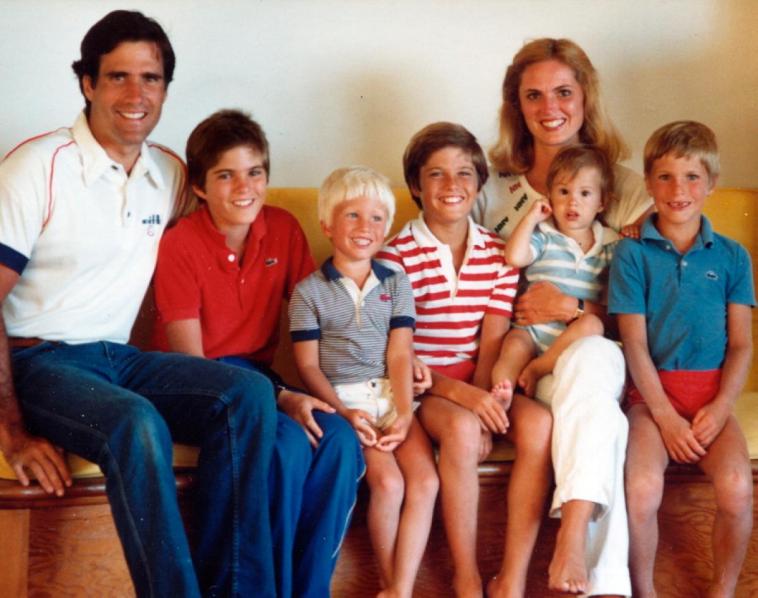Throughout the 2012 Republican presidential primaries, Mitt Romney and Ron Paul were accused of secretly working together for some unspecific mutual benefit. Rick Santorum believed they struck a “backroom deal.” Rush Limbaugh asked if they were in cahoots. Mark Levin wondered the same thing.
Videos By Rare
A lot of people were surprised. I wasn’t.
Working for Paul’s campaign, one evening I remember talking with Ron’s wife Carol in a hotel lobby in New Hampshire. Mrs. Paul was explaining how Ann Romney was generally nicer to her than the other candidates’ wives. Carol Paul did not speak ill of the other wives or their husbands, but wanted to emphasize that the Romneys had always been extra hospitable.
Later Ron would join his wife to express similar sentiments. He said Mitt Romney had always been especially kind to him going all the way back to the 2008 campaign.
You could tell that the Pauls appreciated the Romneys and thought of them as good people.
Still, Ron Paul—one of the most principled men in American politics—saying nice things about the flip-flopping Mitt Romney? Seriously? The same Mitt Romney who represented the awful GOP establishment and the kind of moderate Republican squishiness every self-respecting conservative and libertarian despised?
Well, yeah.
The Netflix documentary “Mitt” is not really about politics. Though political issues are discussed during debate prep or private comments, the film’s focus is the Romneys themselves. It chronicles the emotional journey between 2006 and 2012 of a close-knit family whose patriarch decided to run for president and lost.
There are highs (winning the NH primary) and disappointing lows (losing the general election), but these political events are seen almost entirely behind-the-scenes in intimate, family settings. Campaign experiences are filtered through their laughter, love, prayer, camaraderie, and most of all, commitment—not to a cause, but a person.
“Mitt” is mostly about how much the Romneys love their dad and how much he loves them. It is a good political documentary due to the subject, but is remarkably not very political.
It’s hard to imagine viewers, Democrat, Republican or otherwise, walking away with a less favorable impression of Romney after watching “Mitt.” Even if you loathed Romney in the last election, from either a liberal or conservative perspective, “Mitt” reminds us that even political villains are human, and often likeable ones.
It is also a reminder of the practical need for separating the personal from the political.
Most of us have friends and family we disagree with vehemently about politics or other subjects, yet we value them as friends and family members first. When I hear of people who no longer speak to family members over some political disagreement, it strikes me as perverse. For centered people of any ideological background, family, friendship and personal relationships are what should matter most.
When we all inevitably approach our end and today’s politics is ancient history, it will be these personal relationships that will have defined our lives and given them meaning more than anything else. Even men and women who accomplish great things usually enjoy their achievements mostly through the adoration and support of the people closest to them.
We all remember learning to ride a bike or winning the first grade spelling bee, pretty insignificant things today. But, if we’re lucky, we also remember our parents’ pride and love.
And that will always be the most significant thing in the world.
Ron Paul is one of the most decent men I’ve ever met. Working in Congress for three decades with some of the worst people you can conceive of, at least politically, I imagine he became quite adept at separating political disagreement from personal animus.
His relationship with Mitt Romney in 2012, however major or minor, was no exception.
As the 2012 primaries came down to the wire, Paul’s campaign would run anti-Romney ads attacking the former Massachusetts governor for Romneycare (a precursor to Obamacare), government bailouts and other unconservative positions. The Republican National Convention in Tampa was one of the most heated in recent history featuring Paul delegates walking out in protest over rule changes and grassroots activists’ despotic treatment by the RNC.
Sometimes political attacks or treatment can be so harsh that they become personal. Sometimes it’s impossible to avoid. Still, the threshold should be set pretty high before political disagreement descends into enduring bitterness. Life is too short and so are most of the events that occur in our politics.
Watching “Mitt,” I recalled the conversation with Ron and Carol Paul in 2012 and all the media speculation about why Paul and Romney were so chummy despite their major political differences.
But they simply left those battles in the political arena. That’s what any decent person would do.
Nothing personal.

